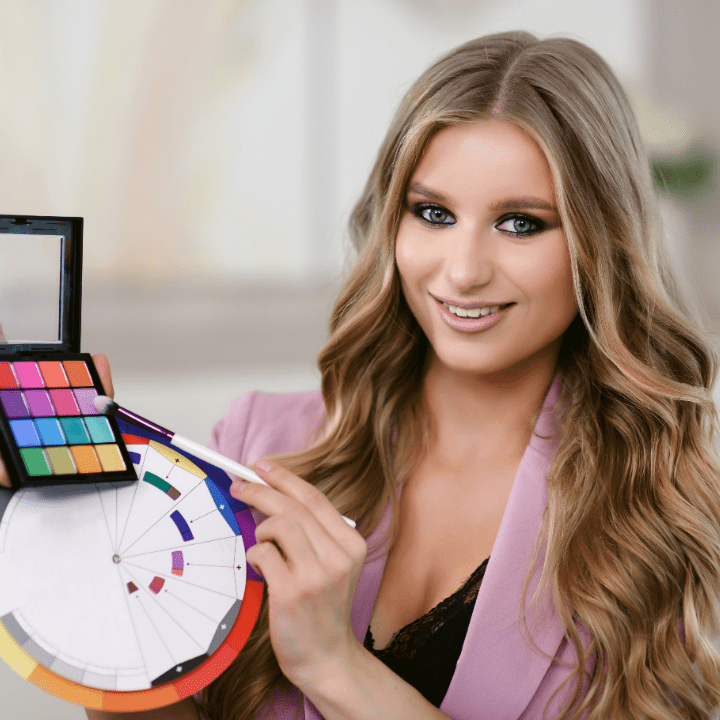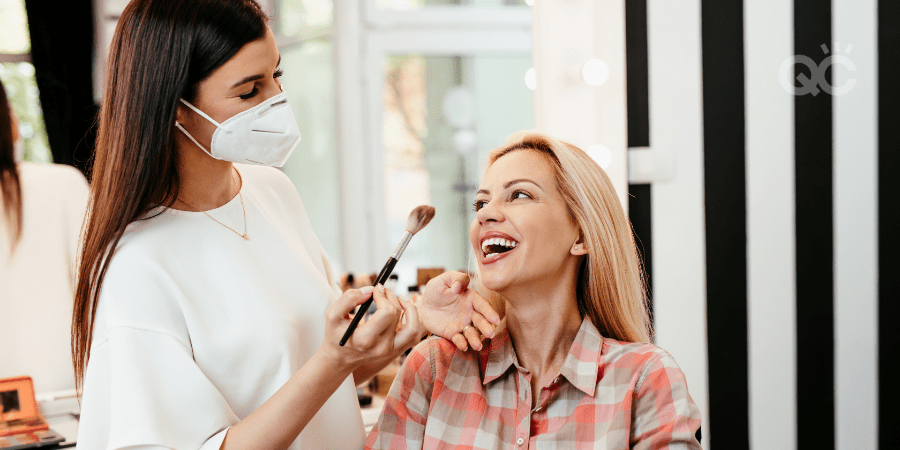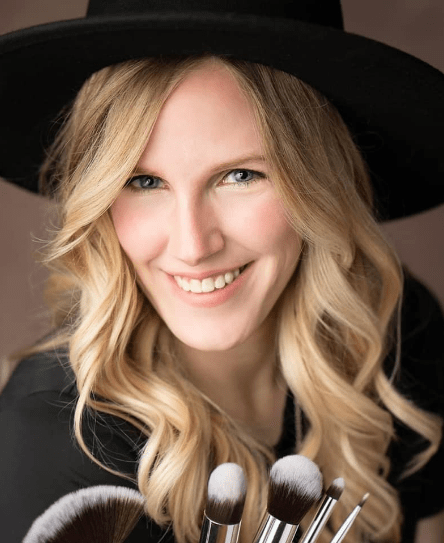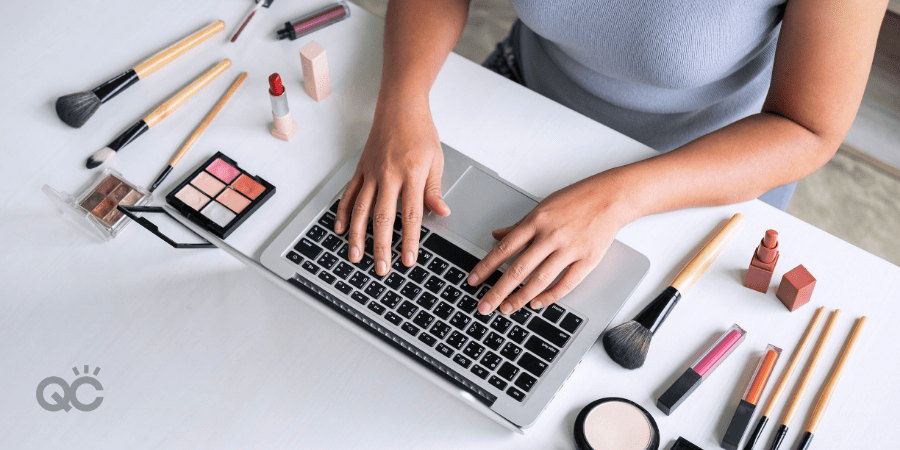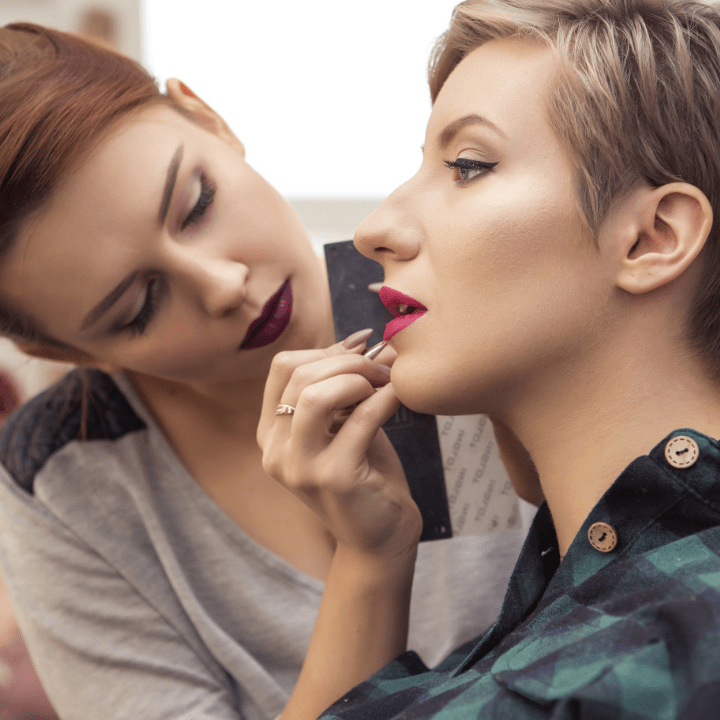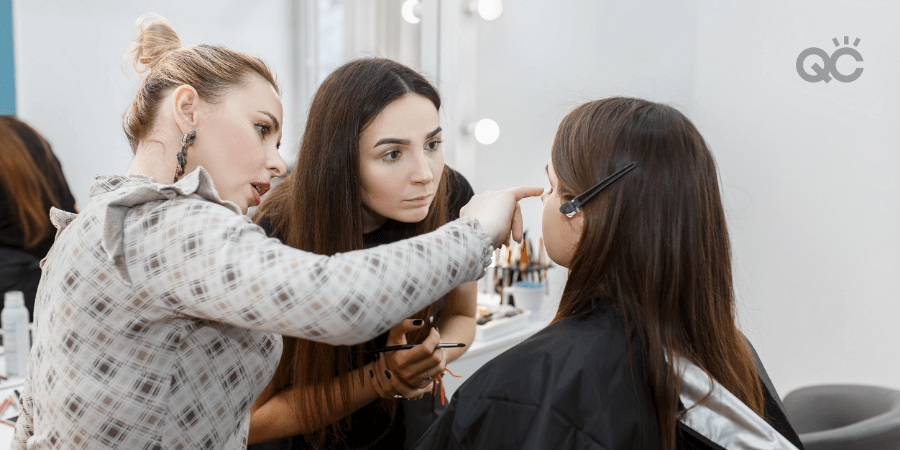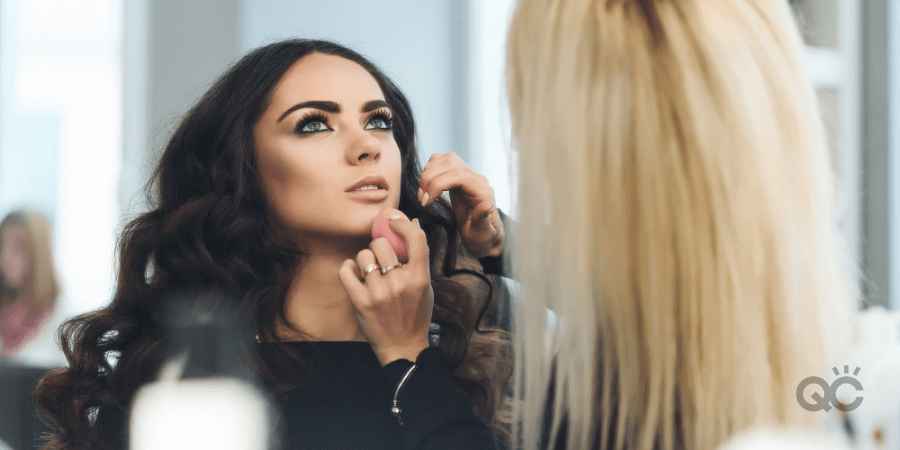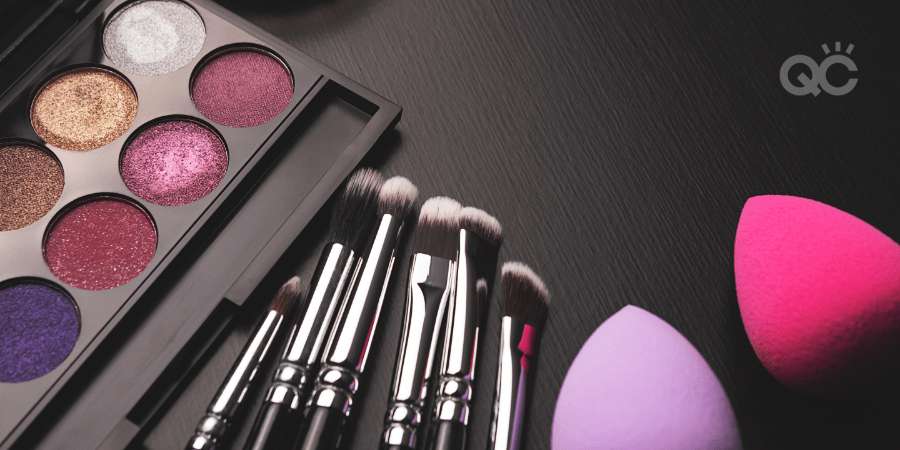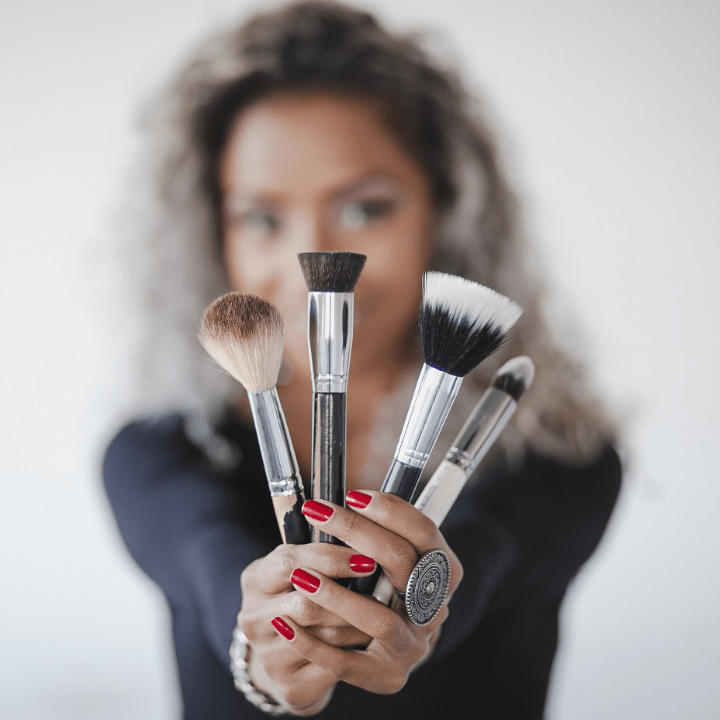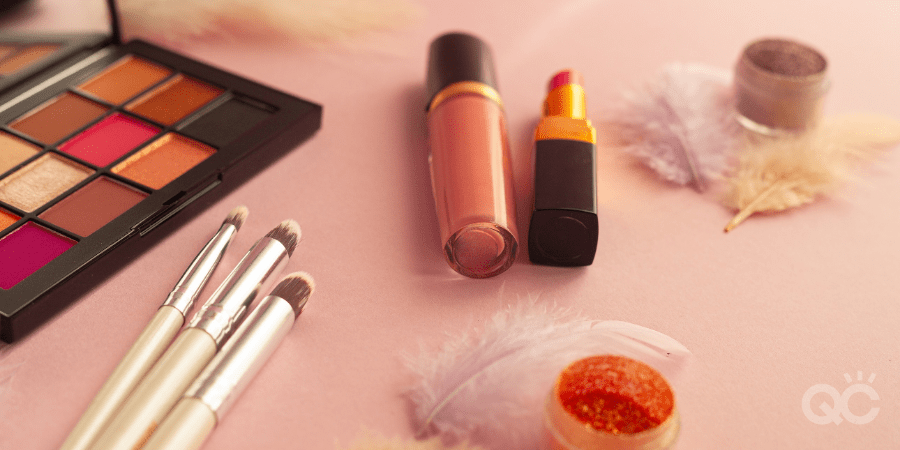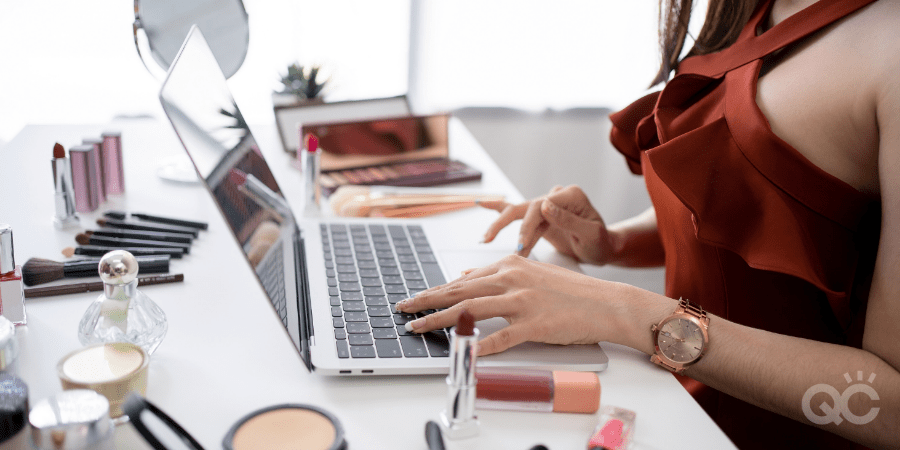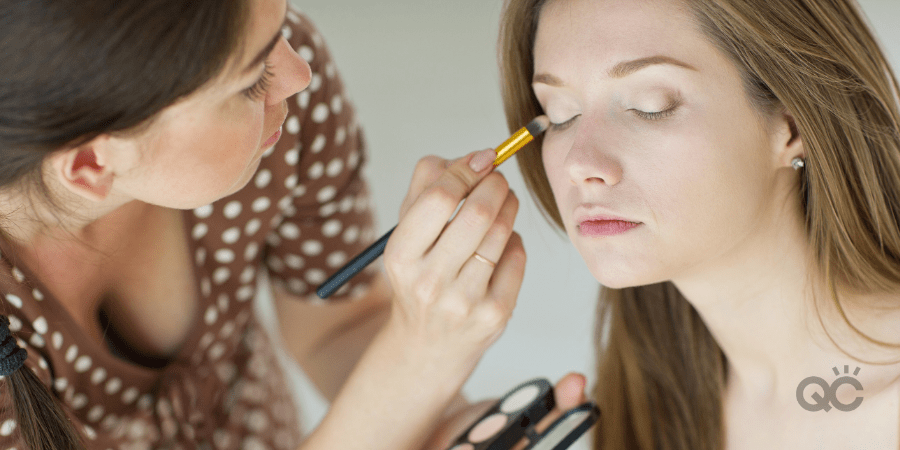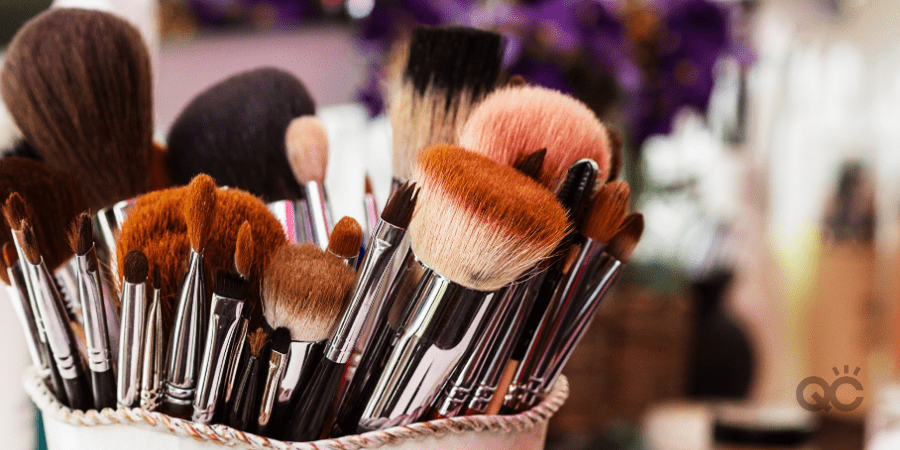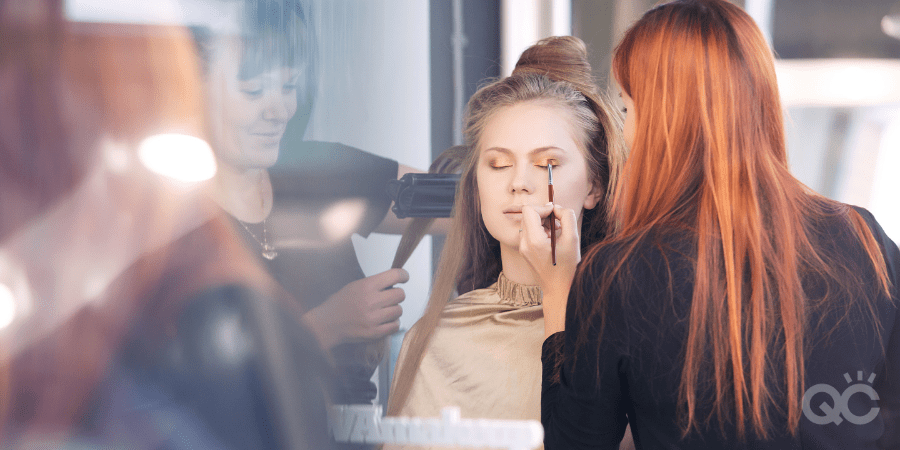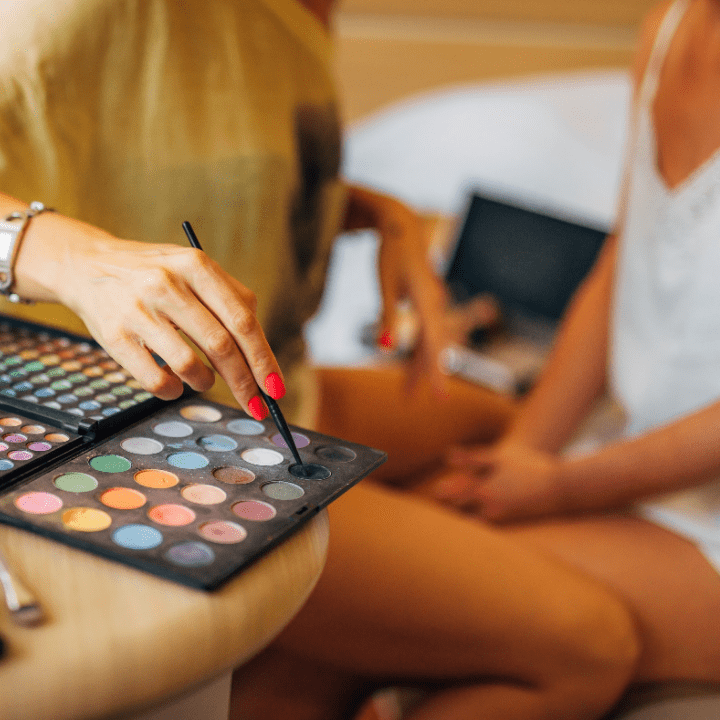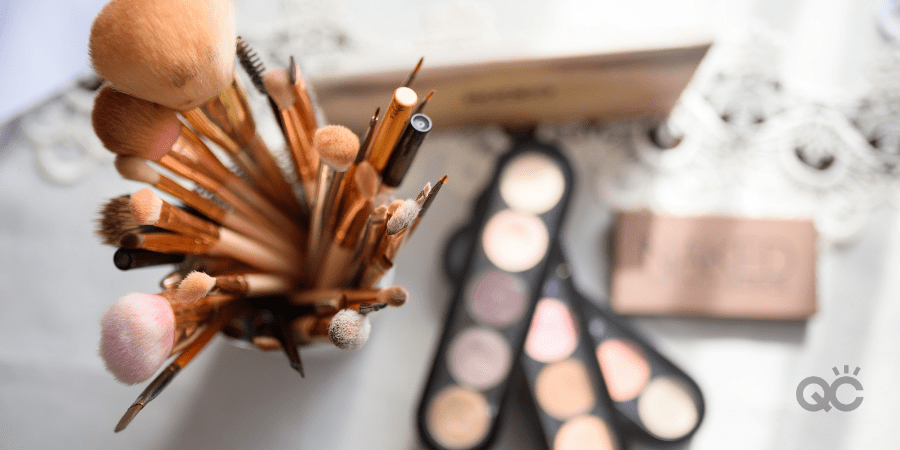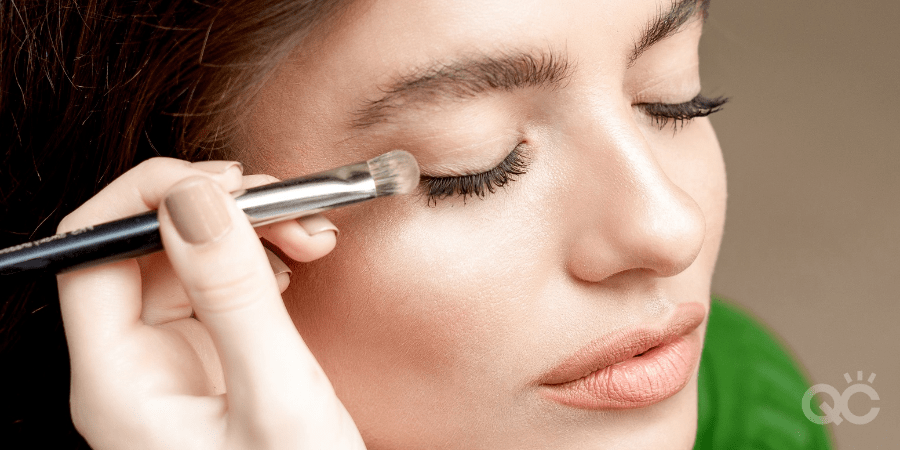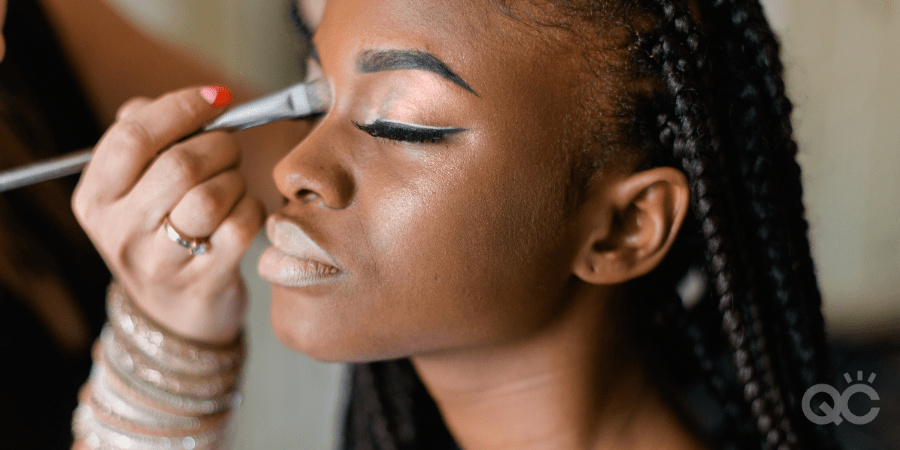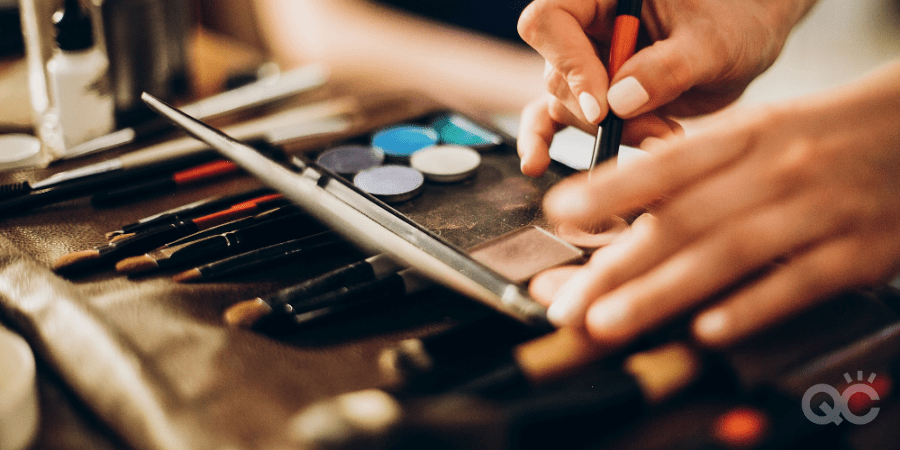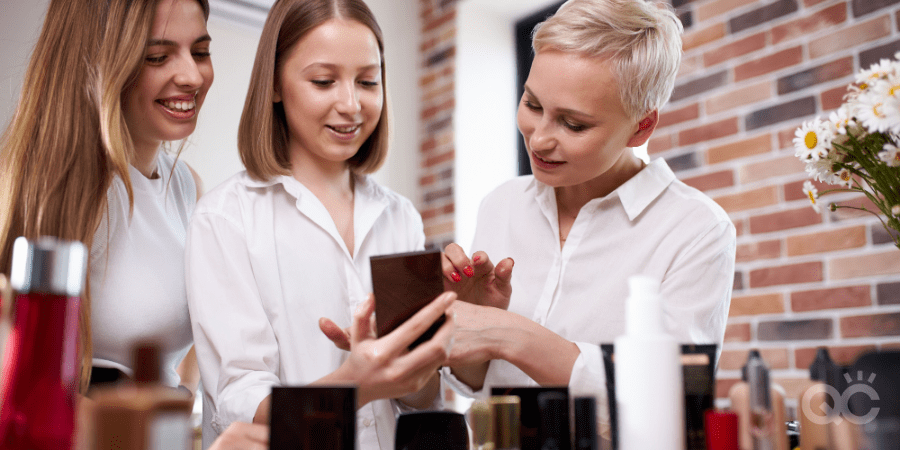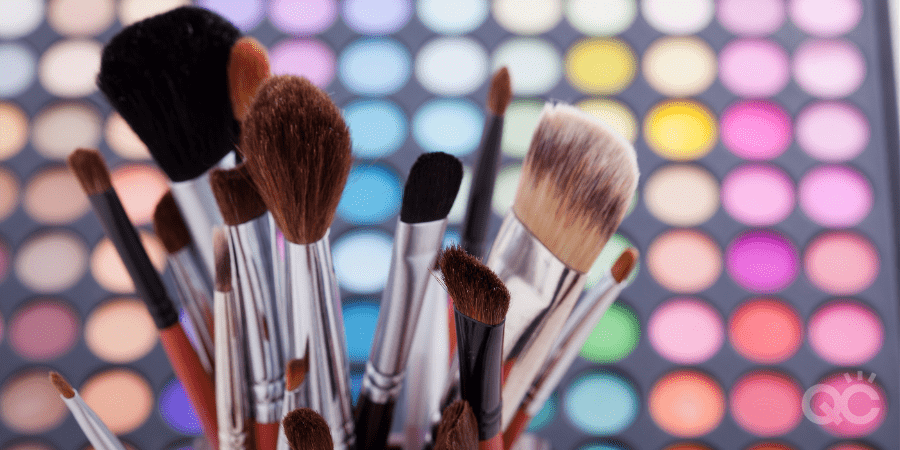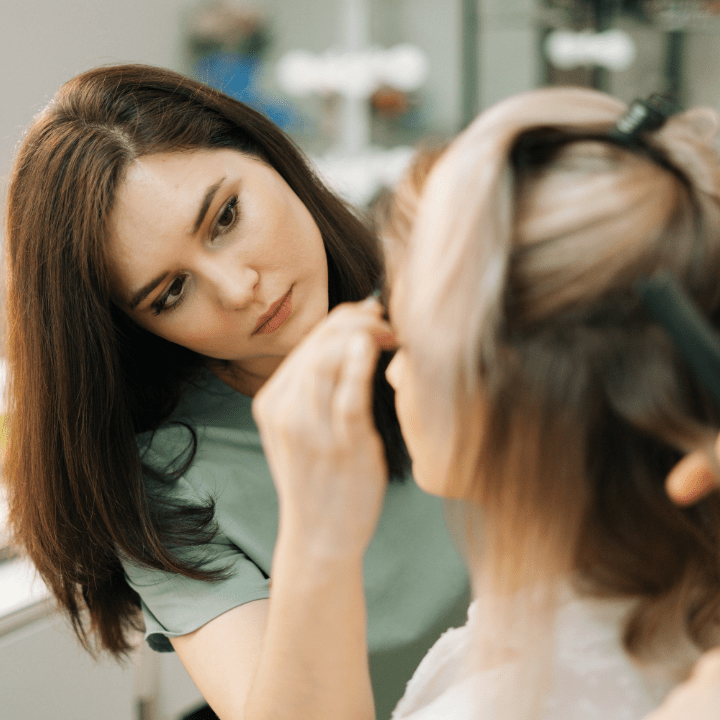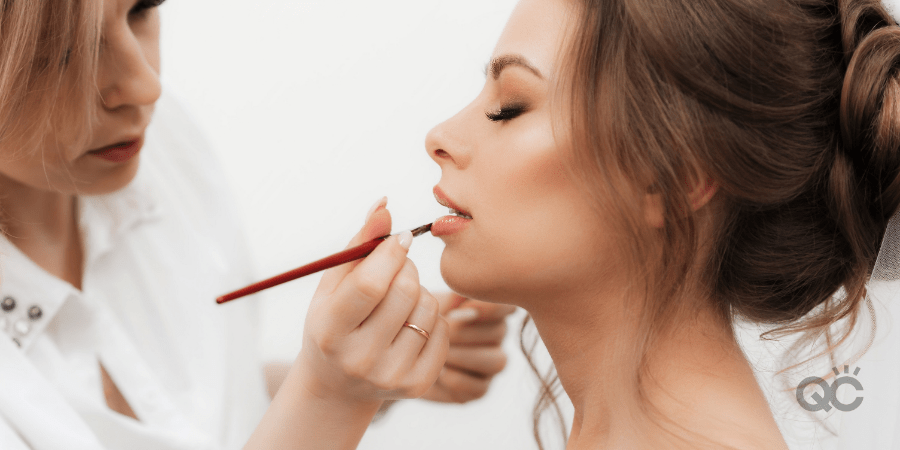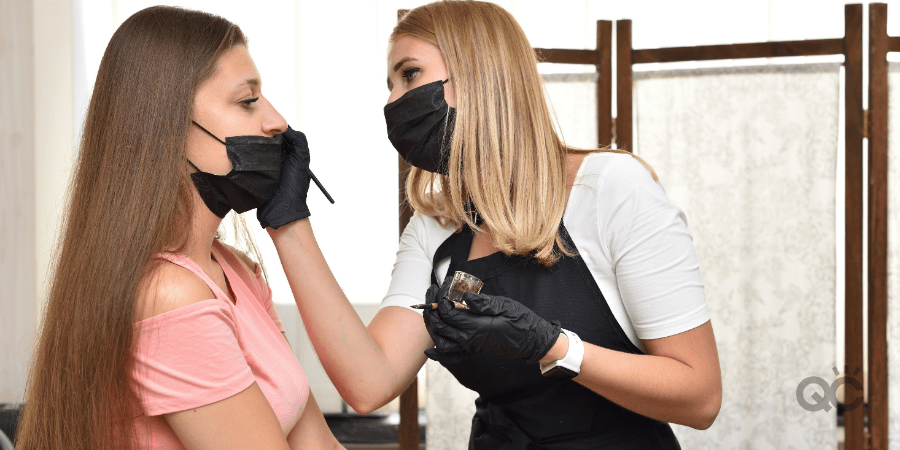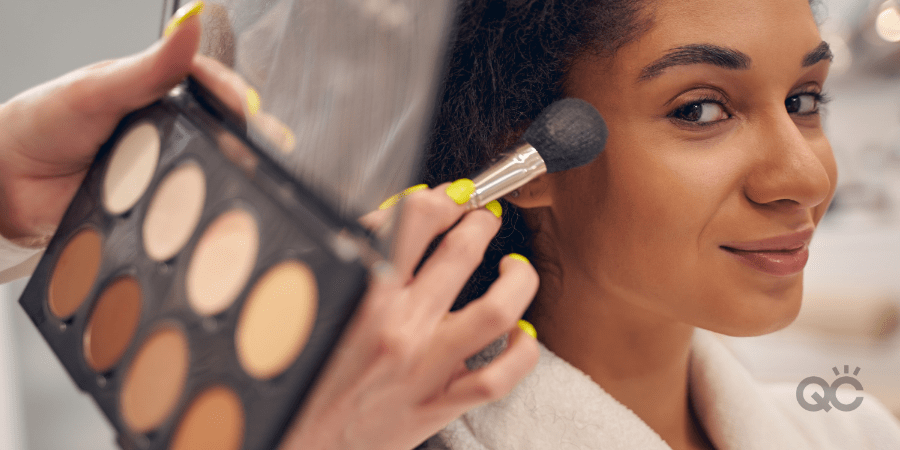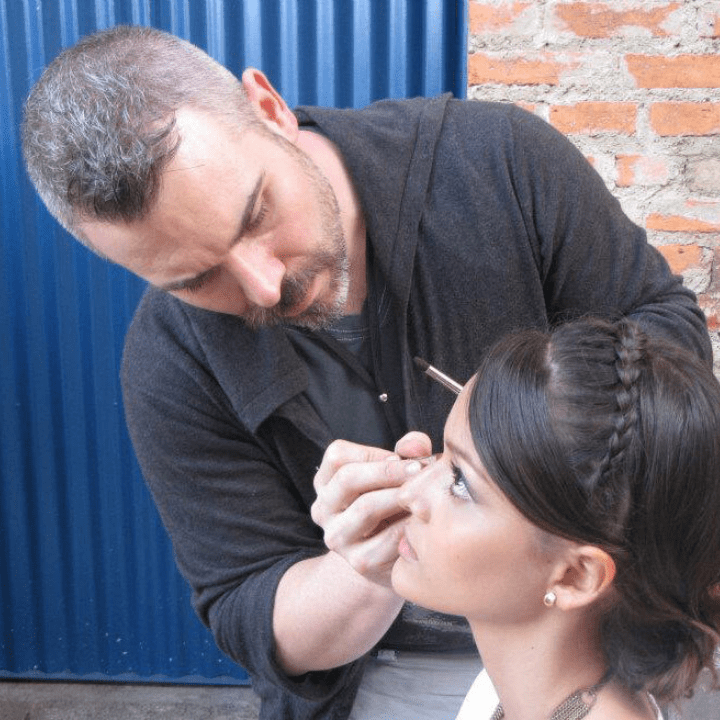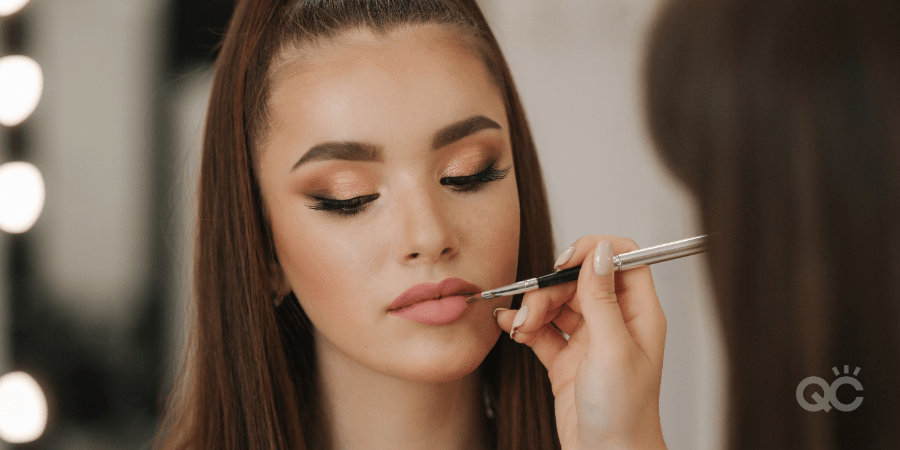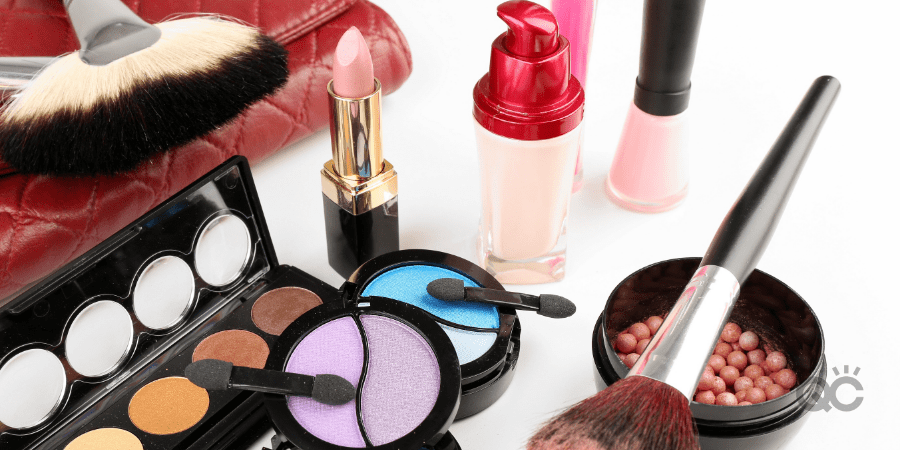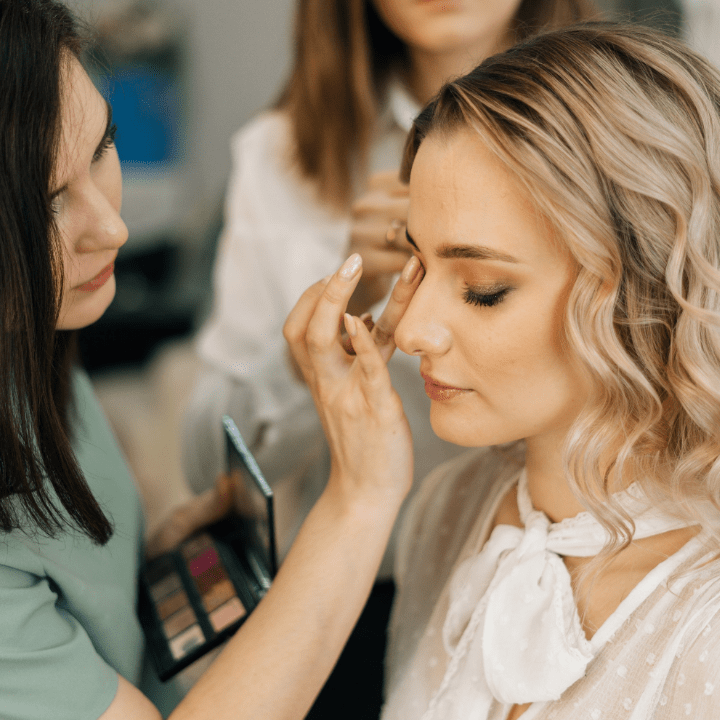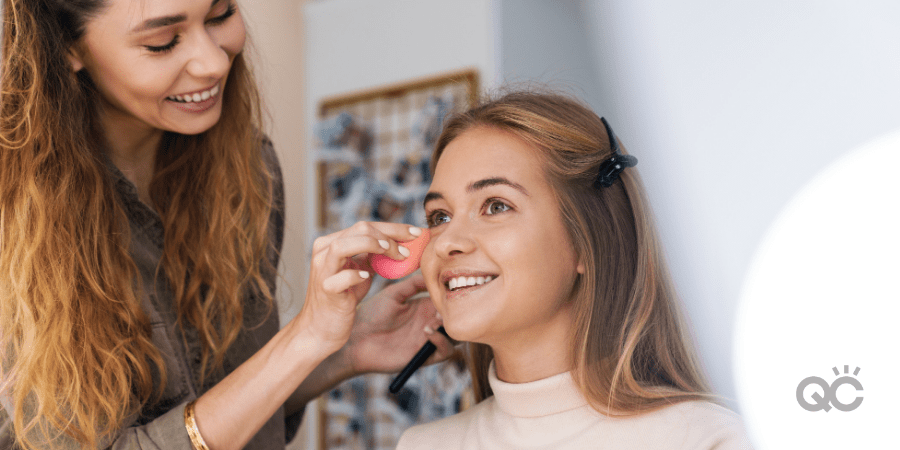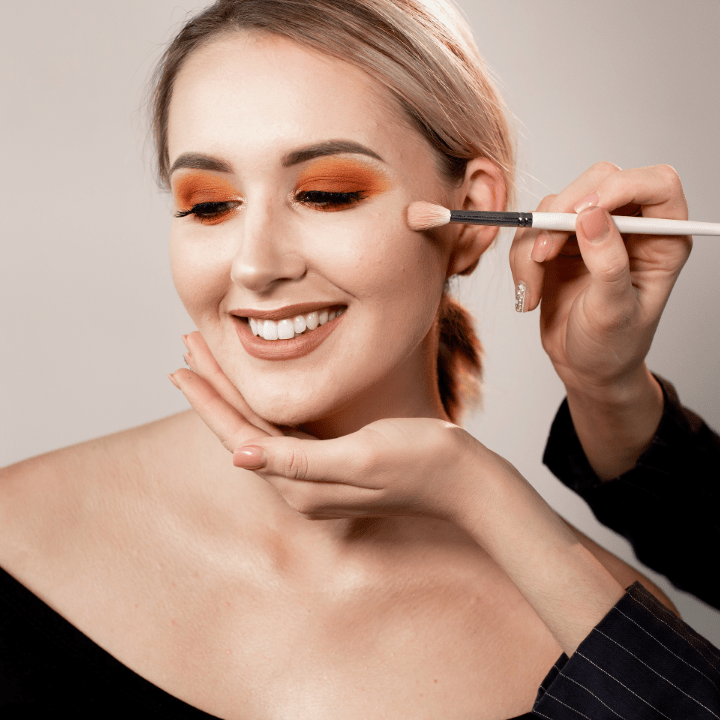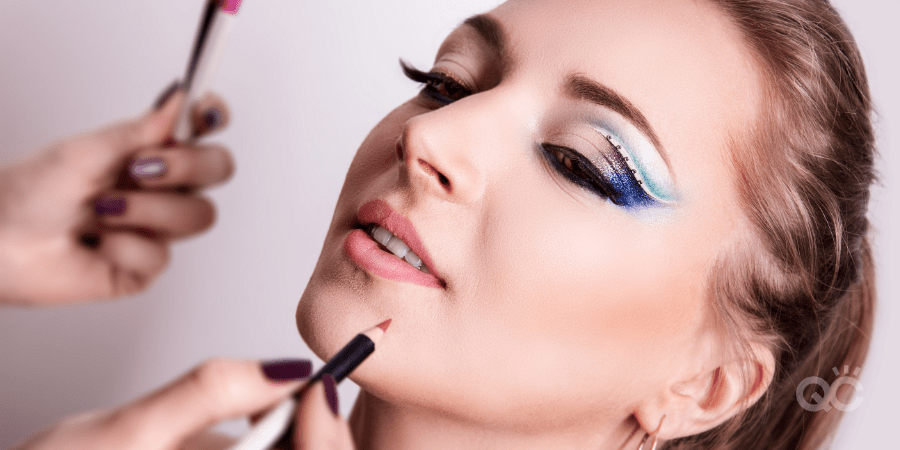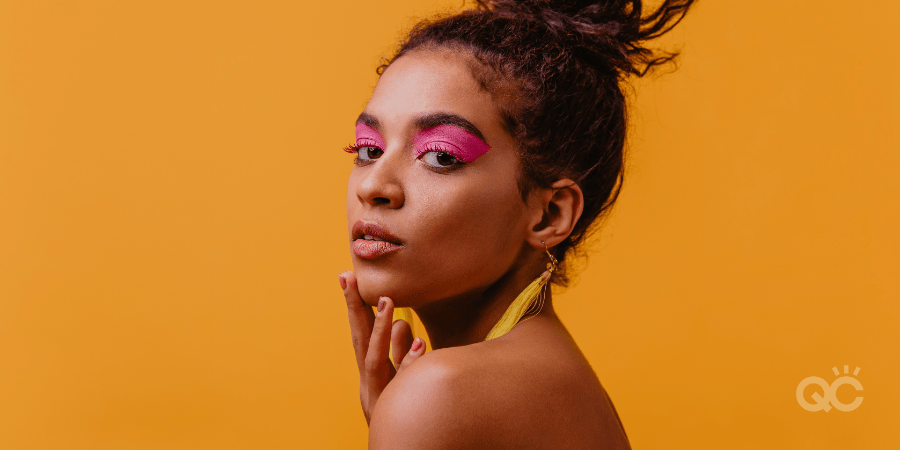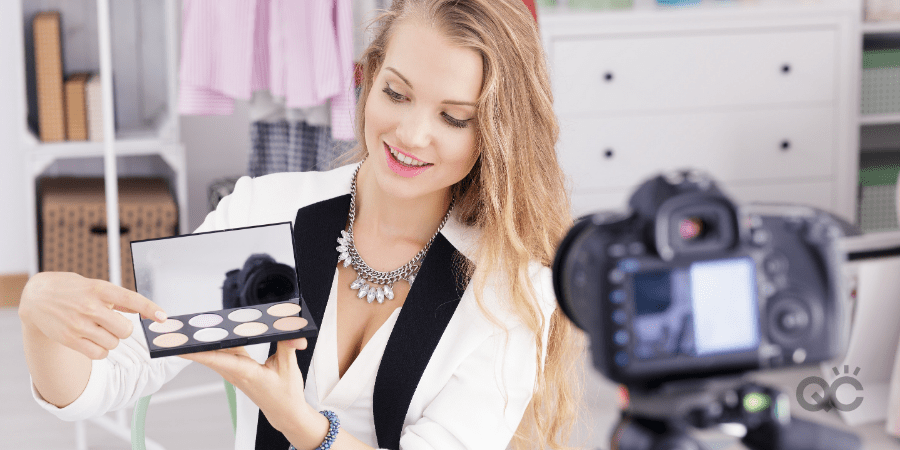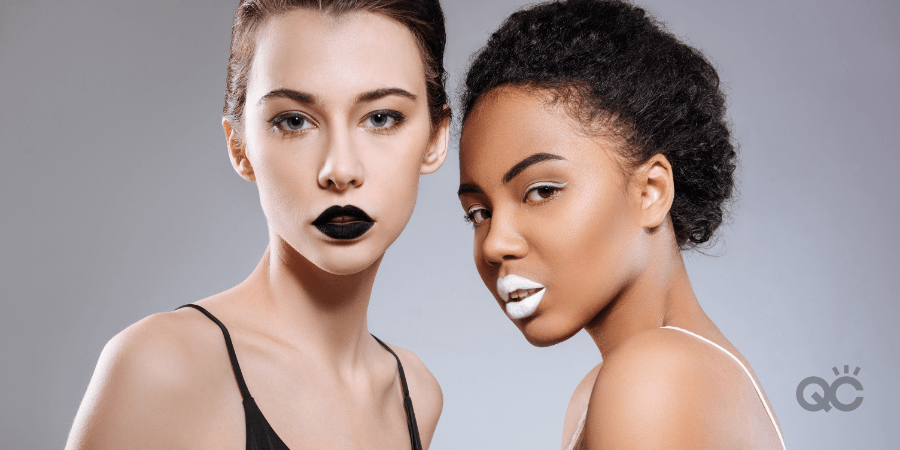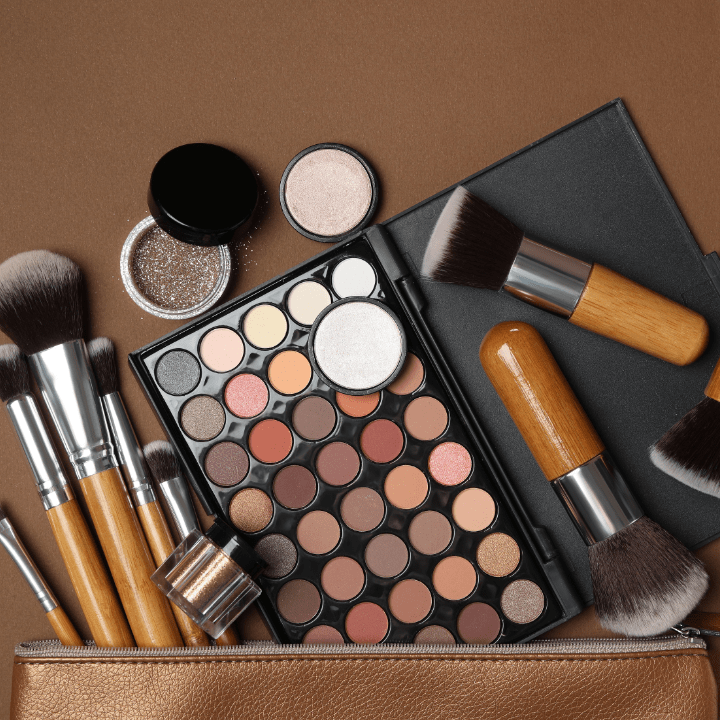
As an MUA, your professional makeup artist kit is critical to your career. After all, it contains all of the tools you need to do your job! As a rule of thumb: sturdy, reliable products are always the way to go. An easy way to tarnish your reputation pretty quickly is to use sub-par cosmetics on your clients – and we know you don’t want that!
This means that one way or another, you’re going to have to invest in your kit.
Now this is all fine and dandy, but what if you’re just starting out and don’t have the biggest budget just yet? While putting money into your professional kit comes with the territory of being a makeup artist, you shouldn’t have to go broke just to get your career off the ground!
Luckily, there are plenty of cost-effective ways you can build your makeup artist kit nowadays. Let’s take a look at 5 examples…
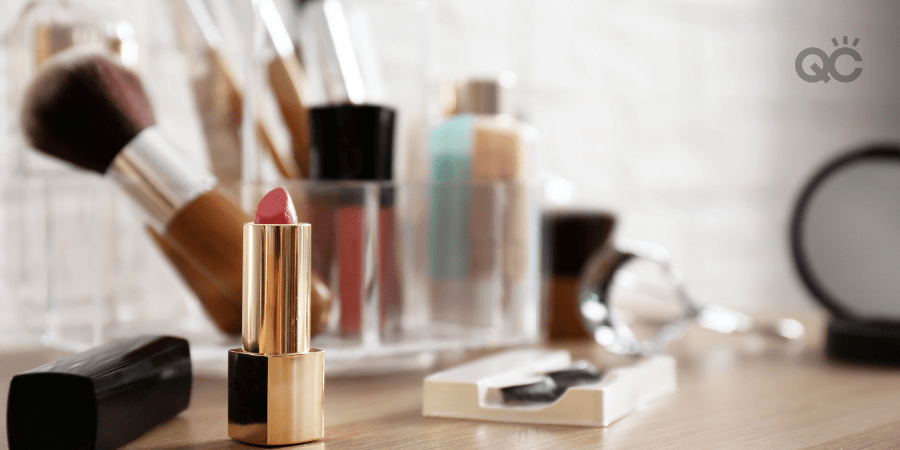
5 Budget-Friendly Ways to Build Your Makeup Artist Kit
1. Know Your Game Plan
This is a logical place to start. It’s important for you to go into your career with a clear understanding of what you want to offer clients. For instance, do you have a specific area of makeup artistry that you wish to focus on (such as bridal, SFX, editorial, etc.)? Do you know who your target clientele is?
Knowing the services you plan to provide will have a direct impact on the type of makeup artist kit you’ll need to put together.
2. Focus on the Fundamentals
From Google ads and social media influencers, to everything in-between, we’re constantly being shown the latest, hottest cosmetics that we supposedly ‘need’ to have in your makeup artist kit. But the truth is, most of these products aren’t necessary. They’ll simply take up valuable room in your makeup kit and burn an unneeded hole in your wallet.
If you’re building your professional makeup kit on a budget, remember to stick to the fundamental tools and products you’ll actually need. While these fundamentals may change, depending on who you ask, in our opinion, the must-have items for your kit should include:
- A set of brushes
- A beauty blender
- Primer
- Foundation (both liquid and powder)
- Concealer
- Bronzer and highlighter
- A brow pencil
- Blush
- Liquid eyeliner
- Mascara
- One eyeshadow palette
- Lipstick and lip gloss
- Setting spray
- False lashes and lash glue
- A travel-friendly case
- Hand sanitizer
- Face masks
Of course, you can absolutely add to this list as your career grows and you have more funds to do so. But when first starting out, you can still put together a solid makeup artist kit with these products alone.
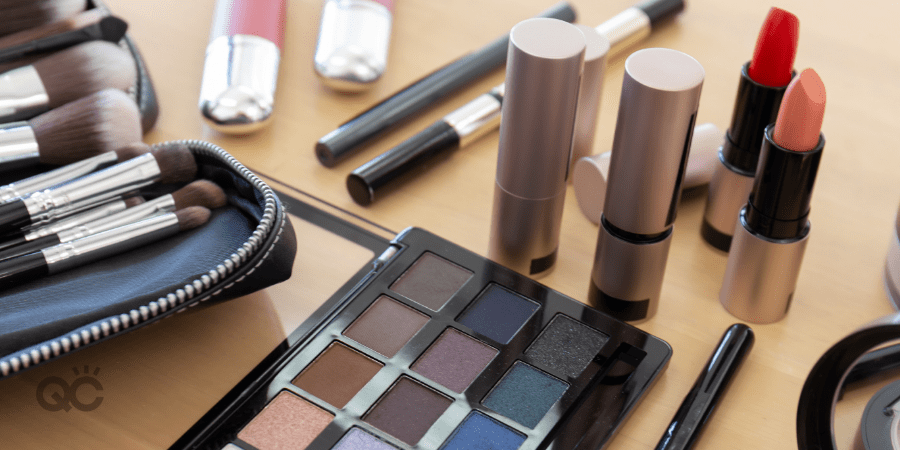
3. Invest in Multipurpose Products
Not all makeup can be used for more than its intended purpose, but a lot of products can be. Shop around and research into cosmetics that are multifunctional. Brushes, for example, can be used to apply product to all sorts of different areas of the face. Similarly, plenty of lip colors can be used as blush, and certain eyeshadow colors can easily double as a highlighter.
The key is to know how to creatively use these products correctly. Proper training will teach you how to do exactly that. Once you know how to effectively adapt a makeup product in such a way, you can cut down on your spending by stocking your makeup artist kit with items that specifically serve dual (or more) purposes.
4. Remember: Quality over Quantity
Buying a million brushes is basically throwing money to the wind if they’re not all of economical quality. Sure, it can seem like a good budgeting option to purchase a cheap kit of 30+ brushes. But if they’re constantly shedding and can’t hold products well, you’re just going to wind up buying more brushes before you know it.
The same can be said for massive contour and/or eyeshadow pallets. While you might be inclined to spend little money for a large array of different colors and selections, this could be a poor choice. Cheap eye and face palettes can often mean low-grade ingredients. This makes for a lousy product that falls apart easily, doesn’t apply well, or is generally unhealthy for your client’s skin.
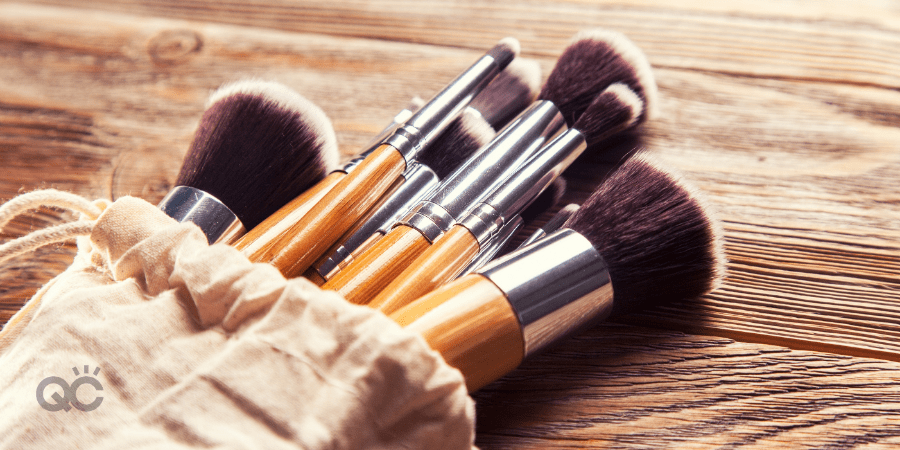
While it’s always cost-effective to buy in bulk (i.e. buying pallets versus individual products), all we’re saying is to choose your products carefully. Sometimes, ‘buying in bulk’ means investing in one reputable set of brushes, one reliable eyeshadow palette of 10 or less colors, etc.
Often, that’ll be all you’ll actually need!
5. Don’t Be Afraid to Shop at the Drugstore
There is absolutely nothing wrong with starting your makeup artist kit with a few drugstore brands in the mix. In the beginning, you’re going to be focusing on gaining experience and refining your skills. While continuing your hands-on practice shouldn’t be done with terrible products, it also doesn’t require the most expensive products either.
Fact is, there are tons of drugstore brands that work just as well (or nearly as well) as their pricier counterparts. What truly matters is the performance of that product.
So, do your research! Read what others have to say, and see what sort of cheaper brands offer cosmetics that perform excellently. At the same time, avoid unnecessary spending by researching into the types of makeup and skincare products you shouldn’t be cutting costs for.
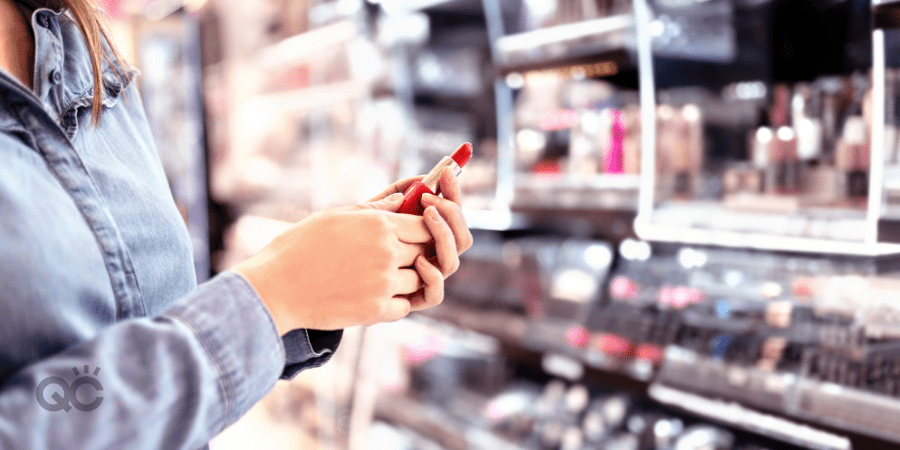
At the end of the day, you can build your makeup artist kit in a way that’s both cost-effective and quality-focused. This should be your top priority. Take the time to research into your options, never rush into any decisions, and always invest your money into smart products.
So long as you do that, your professional makeup kit will serve you well as you build a solid, reputable career!
